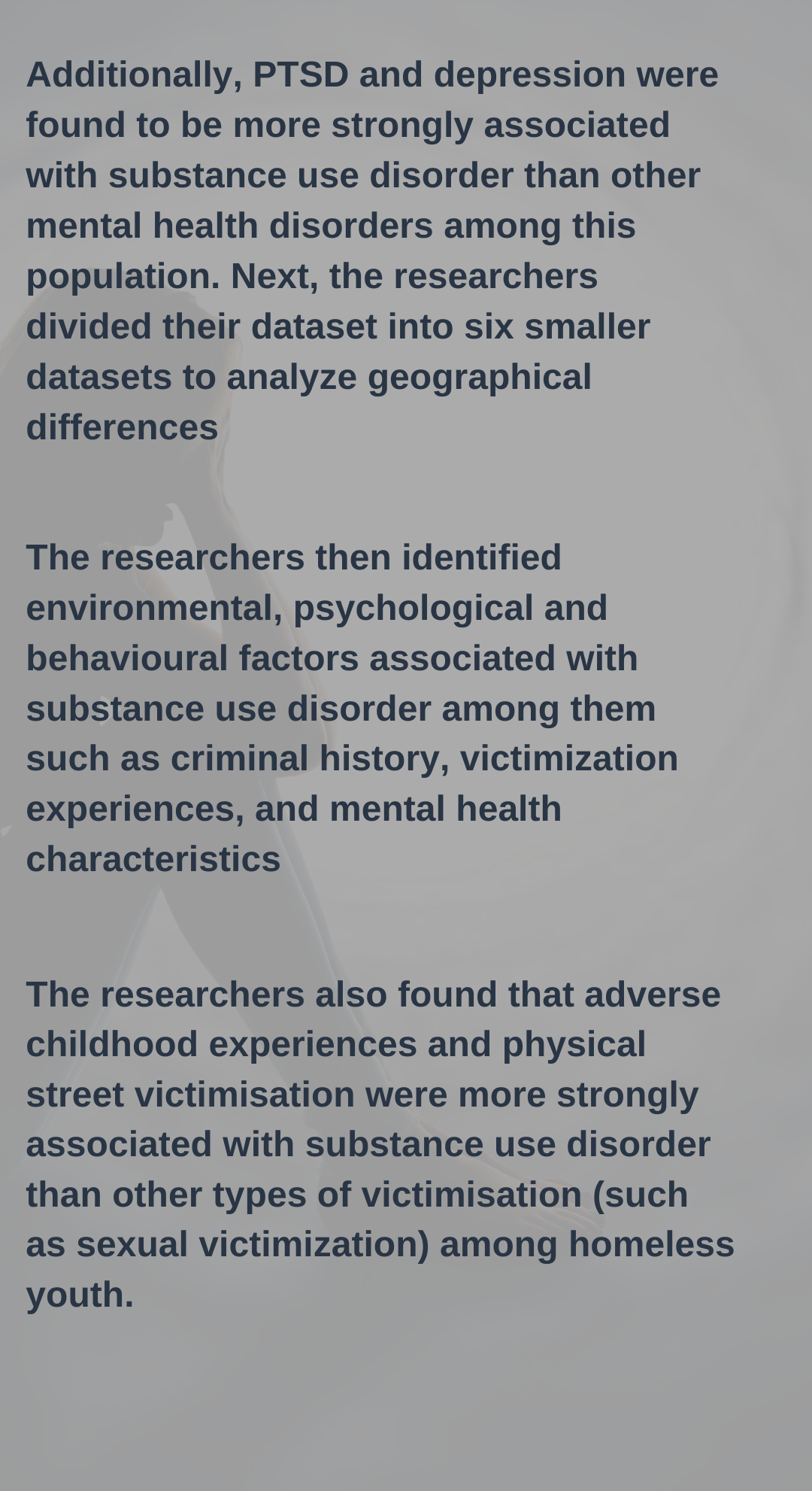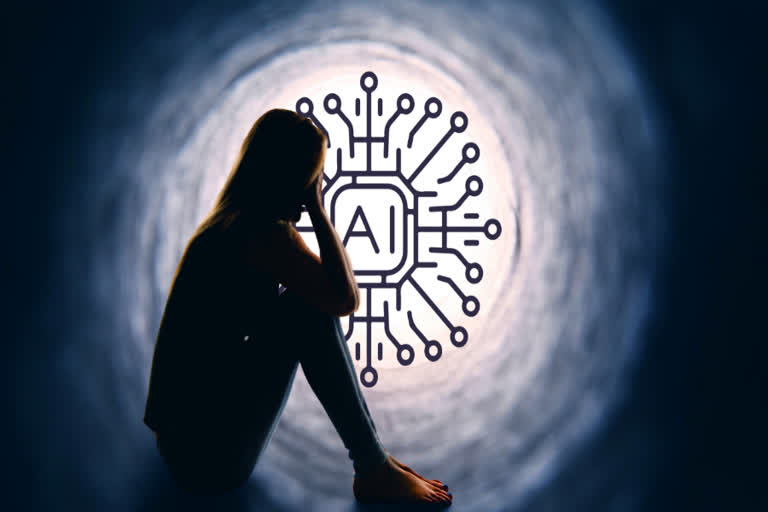New York: The study, presented at the International Joint Conference on Artificial Intelligence, revealed that this algorithm can suggest personalised rehabilitation programmes for highly susceptible homeless youth.
"Proactive prevention of substance use disorder among homeless youth is much more desirable than reactive mitigation strategies such as medical treatments for the disorder and other related interventions," said study author Amulya Yadav from the Penn State University in the US.
For the results, the research team built the model using a dataset collected from approximately 1,400 homeless youth, ages 18 to 26, in six US states. The dataset was collected by the Research, Education, and Advocacy Co-Lab for Youth Stability and Thriving (REALIST), which includes Anamika Barman-Adhikari, assistant professor at the University of Denver and co-author of the paper.
Also Read: Coronavirus Pandemic replacing Finger Biometrics with Voice and Facial Biometrics

The team trained a separate model to predict substance abuse disorder among homeless youth in each of the six states -- which have varying environmental conditions, drug legalization policies, and gang associations. The team observed several location-specific variations in the association level of some factors, according to Tabar.
"By looking at what the model has learned, we can effectively find out factors which may play a correlational role with people suffering from substance abuse disorder," said Yadav.
"And once we know these factors, we are much more accurately able to predict whether somebody suffers from substance use," he added.
Yadav and Barman-Adhikari are collaborating on a similar project through which they have developed a software agent that designs personalised rehabilitation programmes for homeless youth suffering from opioid addiction. Their simulation results show that the software agent -- called CORTA (Comprehensive Opioid Response Tool Driven by Artificial Intelligence) -- outperforms baselines by approximately 110 percent in minimizing the number of homeless youth suffering from opioid addiction.
"We wanted to understand what the causative issues are behind people developing opiate addiction," said Yadav.
Also Read: Artificial Intelligence in Overcoming COVID-19 Crisis
(Inputs from IANS)



